Gong: Collection 8 × SHM-CD + 4CD Box • Issue 2015
Lossless Galaxy Release Gong: Albums Collection • Editions 2015 Performer: Gong Box / Albums: 1971 Camembert Electrique (Mini LP CD MSI Japan 2015) ---------------------------- 1973 Angel's Egg • 1974 You • 1975 Shamal 1976 Gazeuse! • 1977 Live Etc. • 1978 Expresso II (Mini LP SHM-CD Universal Music Japan 2015) ---------------------------- 1977 Gong Est Mort, Vive Gong (2 Mini LP SHM-CD Belle Antique Japan 2015) ---------------------------- 2015 The Radio Gnome Invisible Trilogy 1973 Flying
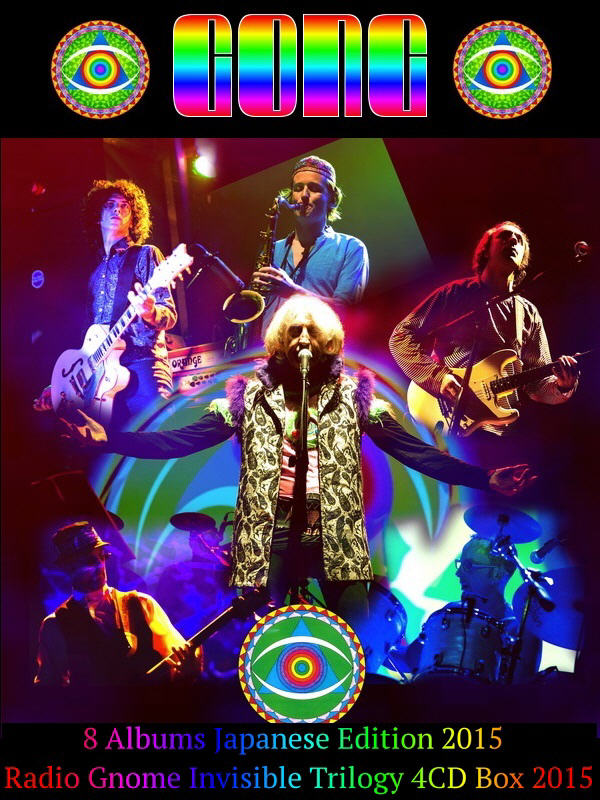
Gong: Collection 8 × SHM-CD + 4CD Box • Issue 2015
Lossless Galaxy Release Gong: Albums Collection • Editions 2015 Performer: Gong Box / Albums: 1971 Camembert Electrique (Mini LP CD MSI Japan 2015) ---------------------------- 1973 Angel's Egg • 1974 You • 1975 Shamal 1976 Gazeuse! • 1977 Live Etc. • 1978 Expresso II (Mini LP SHM-CD Universal Music Japan 2015) ---------------------------- 1977 Gong Est Mort, Vive Gong (2 Mini LP SHM-CD Belle Antique Japan 2015) ---------------------------- 2015 The Radio Gnome Invisible Trilogy 1973 Flying
05 10, 2025
Quintessence: 5 Albums 1969-1972 ● After Quintessence: The Complete Kala Recordings 1973 ● Shiva's Quintessence 2011
Lossless Galaxy Release Quintessence: 5 Albums 1969-1972 After Quintessence: The Complete Kala Recordings 1973 Shiva's Quintessence: Only Love Can Save Us 2011 Performer: Quintessence / Kala / Shiva's Quintessence Albums: -------------- ☆☆☆☆☆☆☆☆☆☆☆ -------------- 1969 In Blissful Company Repertoire Records UK 2004 / REPUK 1009 CD / Digipack / Reissue / Remastered ℗ 1969/1970 Island Records • © 2004 Island Records / Rerpertoire Records (UK) Ltd. -------------- ☆☆☆☆☆☆☆☆☆☆☆ -------------- 1970
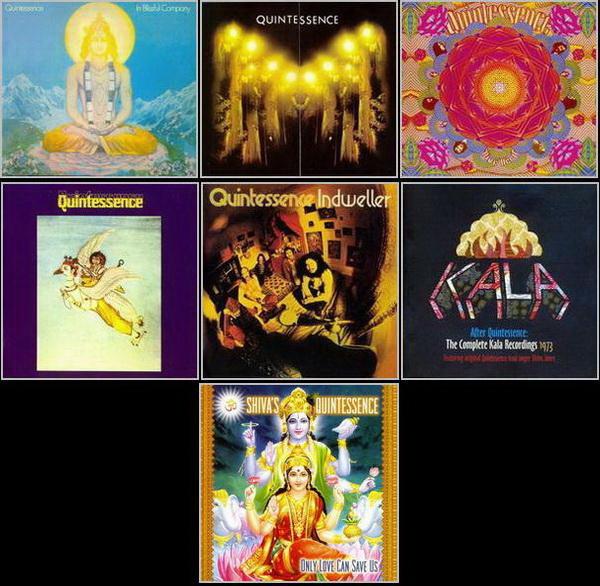
Quintessence: 5 Albums 1969-1972 ● After Quintessence: The Complete Kala Recordings 1973 ● Shiva's Quintessence 2011
Lossless Galaxy Release Quintessence: 5 Albums 1969-1972 After Quintessence: The Complete Kala Recordings 1973 Shiva's Quintessence: Only Love Can Save Us 2011 Performer: Quintessence / Kala / Shiva's Quintessence Albums: -------------- ☆☆☆☆☆☆☆☆☆☆☆ -------------- 1969 In Blissful Company Repertoire Records UK 2004 / REPUK 1009 CD / Digipack / Reissue / Remastered ℗ 1969/1970 Island Records • © 2004 Island Records / Rerpertoire Records (UK) Ltd. -------------- ☆☆☆☆☆☆☆☆☆☆☆ -------------- 1970
05 10, 2025
Free: 3 Albums - Mini LP PT-SHM Universal Music Japan 2014
Lossless Galaxy Release Free: 3 Albums Mini LP PT-SHM Universal Music Japan 2014 Performer: Free Albums: 1968 Tons Of Sobs ● 1969 Free 1971 Free Live! (Mini LP Platinum SHM-CD Universal Music Japan 2014) Info: Islands Records / Universal Music Japan Cardboard Sleeve (Mini LP) / Platinum SHM-CD / Limited Release Catalog PT-SHM: UICY-40077 / UICY-40086 / UICY-40078 Made in Japan Dynamic Range: 12 / 11 / 13 Genre / Style: Rock / Blues Rock / Blues Released Year: 2014 Format: FLAC / Level 8 (img +
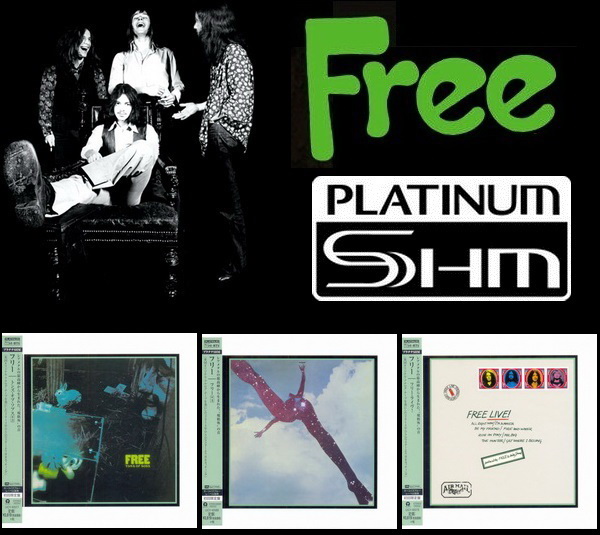
Free: 3 Albums - Mini LP PT-SHM Universal Music Japan 2014
Lossless Galaxy Release Free: 3 Albums Mini LP PT-SHM Universal Music Japan 2014 Performer: Free Albums: 1968 Tons Of Sobs ● 1969 Free 1971 Free Live! (Mini LP Platinum SHM-CD Universal Music Japan 2014) Info: Islands Records / Universal Music Japan Cardboard Sleeve (Mini LP) / Platinum SHM-CD / Limited Release Catalog PT-SHM: UICY-40077 / UICY-40086 / UICY-40078 Made in Japan Dynamic Range: 12 / 11 / 13 Genre / Style: Rock / Blues Rock / Blues Released Year: 2014 Format: FLAC / Level 8 (img +
05 10, 2025
Жанры
Lossless Galaxy Release
Русская музыка
--Поп
--Рок
--Панк
--Альтернатива
--Металл
--Рэп, Хип-Хоп, R'n'B
--Джаз и Блюз
--Фолк
--Шансон, Авторская песня
--СССР
Зарубежная музыка
--Pop
--Rock
--Hard Rock
--Progressive & Art-Rock
--Pop-Rock & Soft Rock
--Instrumental Rock
--Heavy, Traditional, Industrial Metal
--Power, Gothic, Sympho Metal
--Thrash, Speed, Groove, Modern Metal
--Death, Melodic Death, Doom, Dark Metal
--Black, Pagan, Folk, Viking Metal
--Alternative
--Punk
--Disco, Eurodance
--Rap, Hip Hop, R'n'B
--Reggae, Ska, Dub
--Jazz, Blues, Soul
--Folk, Country, Ethnic
--Electronic, Ambient, New Wave
--House, Techno, Trance
Другие жанры
--New Age, Relax, Meditative & Flamenco
--Chillout, Lounge, Downtempo, Trip-Hop
--Drum & Bass, Jungle, Breakbeat, IDM
--Classical / Классическая музыка
--Soundtrack
--Музыкальные сказки
Vinyl Rip
HI-Res / DVD-Audio / DTS
--SACD
--DSD
--DVD-Audio
Сборники Lossless-Galaxy
Альбомы 2022
Альбомы 2023
Альбомы 2024
Теги
1st Press 2022 2023 2024 2025 70... AOR Black Metal Blues Blues Rock Bootleg Series Classic Rock Death Metal Discography Exclusive for Lossless-Galaxy Folk Rock Fusion Hard Rock Heavy Metal Hi-Res Japanese Edition Jazz Jazz Rock lossless Melodic Death Metal Melodic Rock Modern Electric Blues Pop Pop Rock Power Metal Prog Rock Progressive Metal Progressive Rock Psych Rock Psychedelic Rock Rock SACD Symphonic Metal Thrash Metal Дискографии от KoGGaN
Архивы
Опрос
В каком формате хотели бы видеть релизы на сайте ?
 Автор: LeddZepp, 23 июня 2020, Комментариев: 0, Просмотров: 756
Автор: LeddZepp, 23 июня 2020, Комментариев: 0, Просмотров: 756Steamhammer - Steamhammer (Reflection) (1969)
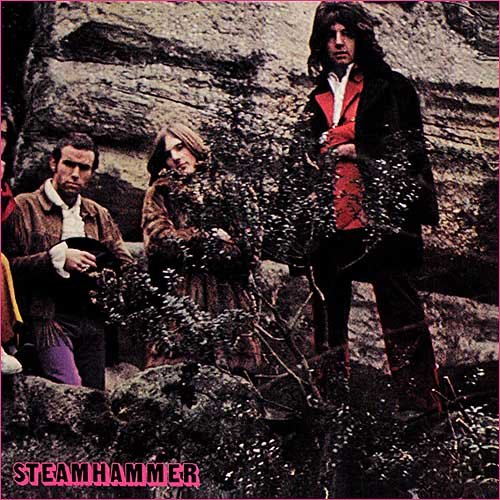
Year: March 1969 (CD 2010 )
Label: Repertoipre Records (Germany), REP 5187
Style: Hard Rock, Blues Rock
Country: England
Time: 38:47
Format: Flac Tracks 16/44,1 kHz
Size: 256 Mb
Группа "Steamhammer" была сформирована в конце 1968 года ветеранами ритм-энд-блюзовой и фолковой сцены Уортинга Мартином Квиттентоном (гитара), Кирэном Уайтом (вокал, гитара, гармоника), Мартином Пью (гитара), Стивом Дэйви (бас) и Майклом Раштоном (ударные). Ее первые публичные выступления состоялись в качестве аккомпанирующего ансамxxx Фредди Кинга, однако после этого квинтет пустился в автономное плавание и весной 1969-го заключил самостоятельный контракт с "CBS Records". В марте в продажу поступил альбом "Reflection", содержавший помимо оригинальных номеров Квиттентона-Уайта вещи Би Би Кинга ("You'll Never Know") и Эдди Бойда ("Twenty-four Hours").
Пластинку отличал спокойный, но довольно мрачный настрой, однако на перенасыщенной британской блюз-роковой сцене трудно было завоевать внимание публики, и работа не вызвала ожидаемых эмоций. И хотя "Reflection" продавался плохо, концерты группы в континентальной Европе пользовались повышенным спросом благодаря инструментальным импровизациям Пью и чувственной гармошке Уайта.
Летом 1969-го грянули первые перемены: сначала ушел Квиттентон, а вскоре его примеру последовал и Раштон. "Steamhammer" восполнили потери с помощью Стифа Джолиффа (саксофон, флейта) и Мика Брэдли (ударные), причем появление первого из них повлекло за собой тягу к джазовым формам и дополнительным аранжировкам. Все эти новшества в достаточной мере проявились на осеннем альбоме того же года "MK II". И хотя музыка "паровых молотов" по-прежнему сохраняла блюзовую основу, такие композиции как "Supposed To Be Free", "6/8 For Amiran", "Passing Through" значительно раздвигали рамки жанра.
Впрочем, работа ненамного подняла статус "Steamhammer" на родине, хотя фестивальные выступления на континенте все так же проходили на ура. Когда настала пора готовить третий альбом, Джолифф успел ретироваться, и пластинку записывали вчетвером. Уход саксофониста обозначил возвращение к прямолинейному блюзу , но при этом "Mountains" вышел более роковым чем "Reflection".
В отличие от первых двух релизов диск вызвал долгожданную благожелательную реакцию, причем гвоздем программы критики единодушно признали исполненный вживую номер "Riding on the L&N". Выход пластинки сопровождали концерты в Германии и странах Бенилюкса, а по окончании гастролей группа лишилась Уайта и Дэйви.
Оставшиеся у руля Пью и Брэдли пригласили в компанию экс-басиста "Renaissance" Луиса Сеннамо и зимой 1971-го записали альбом "Speech". Данный опус разительно отличался от всех предыдущих работ – диск содержал всего три длиннющих, большей частью инструментальных, композиции, претендующих на звание прогрессивных.
Критики встретили работу в штыки, а публика отреагировала индифферентно, так что скорый конец "Steamhammer" был вполне предсказуем. 8 февраля 1972 года от лейкемии скончался Брэдли, а Пью и Сеннамо вскоре переключились на проект "Armageddon". Что касается других бывших "молотов", то можно отметить, что Квиттентон сотрудничал с Родом Стюартом, а Джолифф провел некоторое время в рядах "Tangerine Dream".
(rockfaces.ru; Last update 28.10.10)
01. Water (Part One) (00:51)
02. Junior's Wailing (03:18)
03. Lost You Too (03:27)
04. She Is The Fire (03:10)
05. You'll Never Know (03:26)
06. Even The Clock (04:07)
07. Down The Highway (04:29)
08. On Your Road (02:50)
09. Twenty-Four Hours (07:27)
10. When All Your Friends Are Gone (03:49)
11. Water (Part Two) (01:48)




Listen. Full Album: Steamhammer - Steamhammer (Reflection) (1969)
При желании можно посмотреть все мои публикации на сайте. Приятного прослушивания. Жмём и смотрим (Click to see all of my posts)!
Внимание! У Вас нет прав для просмотра скрытого текста.
Похожие новости:
Комментарии отсутствуют
Добавить комментарий!
Информация
Посетители, находящиеся в группе Гости, не могут оставлять комментарии к данной публикации.

![Nightmare - One Night Of Insurrection [Live] (2011)](/uploads/posts/2011-03/thumbs/1300218678_front.jpg)
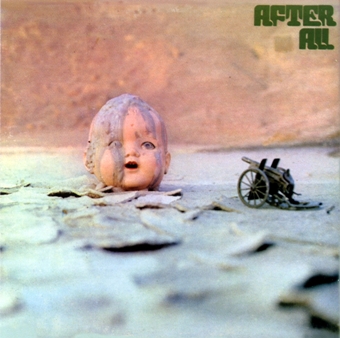
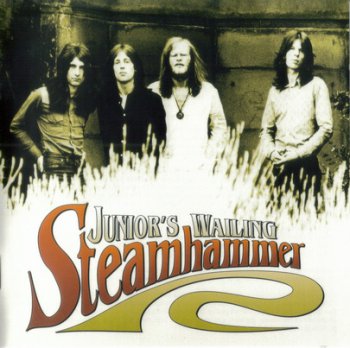
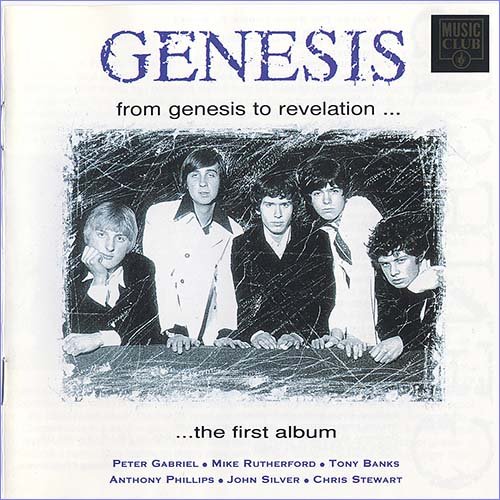
![After the Burial - Rareform [Reissue] (2009)](/uploads/posts/2015-12/1449227605_1after-the-burial-rareform-2009.jpg)